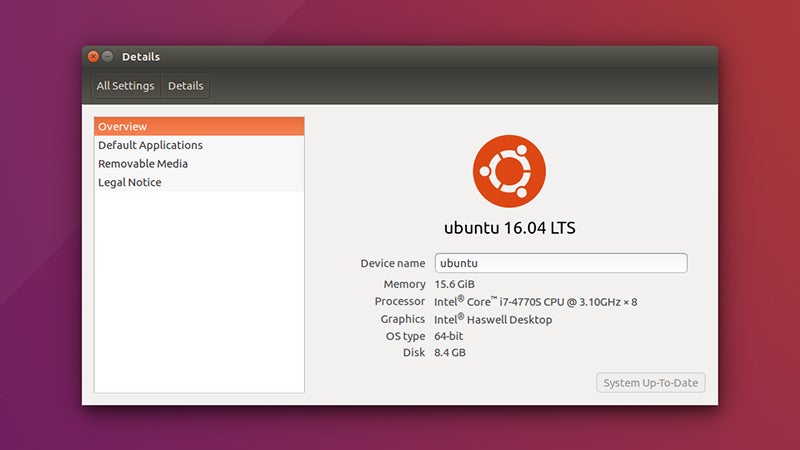One of the most remarkable changes in the COVID-19 era has been how quickly work transformed from somewhere you go, to something you do. Almost overnight, workers and their employers have adapted to new ways of working and collaborating.
With this new hybrid work paradigm, however, comes new challenges for employers. As workers gain the ability to seamlessly transition from at-home to in-office work, how can employers ensure that the employee experience is equally seamless, regardless of where that work happens?
The answer, I believe, lies in artificial intelligence. As we settle into the hybrid world of work, companies will need to develop systems that help them detect and respond to the constant change that will define our workplaces. Here are a few examples of where AI will make the greatest impact:
1. Making intelligent decisions about workspace experience
In the pre-hybrid work era, the office was inherently static. Workers sat at the same desks for 40 hours every week, 50 weeks a year.
In the era of hybrid work, that pattern will be inverted. Instead of static, everything will be dynamic. Workers will be in the office on different days, sit in different places, and talk with different people.
This change will complicate the office design and resource allocation process, since the constant shifts in how workers interact with the office will inevitably result in spaces not being used the way employers originally intended.
Here, AI can play a key role. By monitoring when and how often workers are using the office, AI would help employers identify patterns that inform how workspaces are designed. Let’s say an employer is monitoring its office space utilization patterns and notices that when employees work from the office, they tend to work in groups or hold meetings, rather than work independently. This understanding could then encourage the employer to reduce its number of desks and increase its number of collaborative spaces. Usage patterns may show that individual private offices don’t get used as much, after all if you need to work in privacy you may prefer to work from home. Patterns like this could also result in redesigning of space
Likewise, understanding the timing and frequency of employee office visits could help employers predict when office spaces are most likely to be at capacity. This would allow them to make intelligent recommendations about whether additional employees can come in and where in the office they should sit if they want to meet new people or collaborate with teammates.
2. Promoting employee wellbeing
AI is at its most powerful when it can help us spot patterns that we ourselves aren’t able to recognize.
Ironically, one of the most notoriously difficult-to-detect patterns is one that millions of people experience every year, now more than ever — occupational burnout. The realization that we’re burnt out typically comes after weeks of decreased productivity, poor sleep, and exhaustion. Those signals almost always go unnoticed in the moment.
When leveraged correctly, AI can have a powerful impact here as well. For example, one of the leading causes of burnout is workload. Over time, the feeling of being constantly overworked can be incredibly damaging to our mental and physical health. By using AI to track team workload, managers can intelligently reallocate projects so that responsibilities are more evenly shared across a group. This information could also be used to make a case for investing in automated solutions or third-party support.
There are other, more individualized use cases here. Leveraging AI, employers can develop systems that use stress signals to deliver personalized self-care recommendations, including in-office meditation classes, 15-minute walk breaks, or time off. These recommendations could even be informed by biometric signals such as heart rate, though such applications are likely to prove too invasive for most companies and employees.
3. Bringing AI to the masses
While the applications of artificial intelligence that I’ve detailed are top-down and on an organization-level, ultimately AI’s true power won’t be realized until it can be leveraged by the average person. Indeed, AI will be most exciting when it’s a commodity.
For example, let’s imagine a future where every employee has their own cognitive virtual assistant that is constantly seeking out ways to help them work faster and smarter. These AI assistants could be used to surface recommendations on colleagues to connect with, trainings to attend, and spaces to book. Having the data and a medium through which AI can eventually act at our fingertips will fundamentally shift how we work.
Likewise, as AI assistants become ubiquitous in the workplace and increasingly sophisticated, I believe we’ll see them tightly integrate with the smart assistants that many of us already have in our homes to improve overall work-life balance. For example, if an employee schedules a late meeting, their smart assistant could ask them if they would like to quickly order food or groceries or order an Uber home for them.
The bottom line: There is no use in using AI to remove all the mundane tasks in work if the end goal is just to spend more time doing mundane tasks at home.
Powering the Work’s Post-Pandemic Era
As noted above, the post-pandemic era of work will be defined by its dynamism. With the balance of power shifting toward employees, companies will need to be more responsive to the ever-evolving needs of the people they employ. And artificial intelligence will be critical to them being able to do so.
Note: This article have been indexed to our site. We do not claim ownership or copyright of any of the content above. To see the article at original source Click Here













